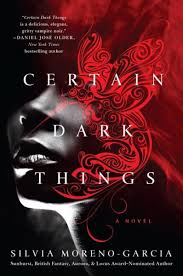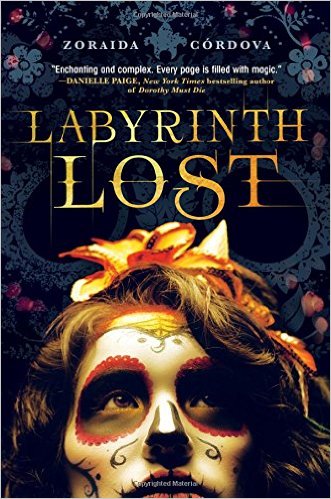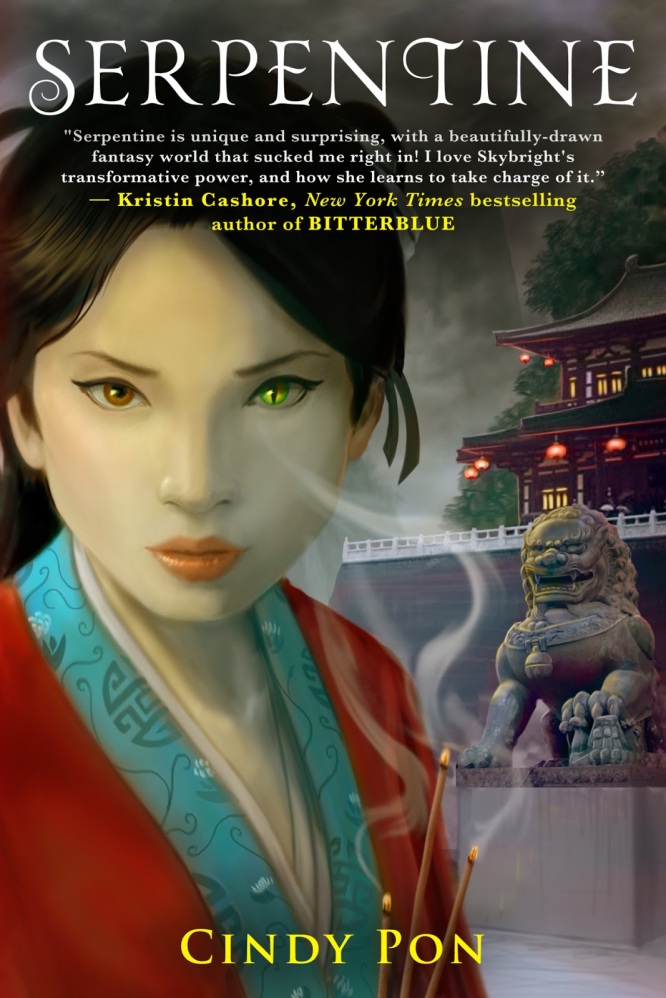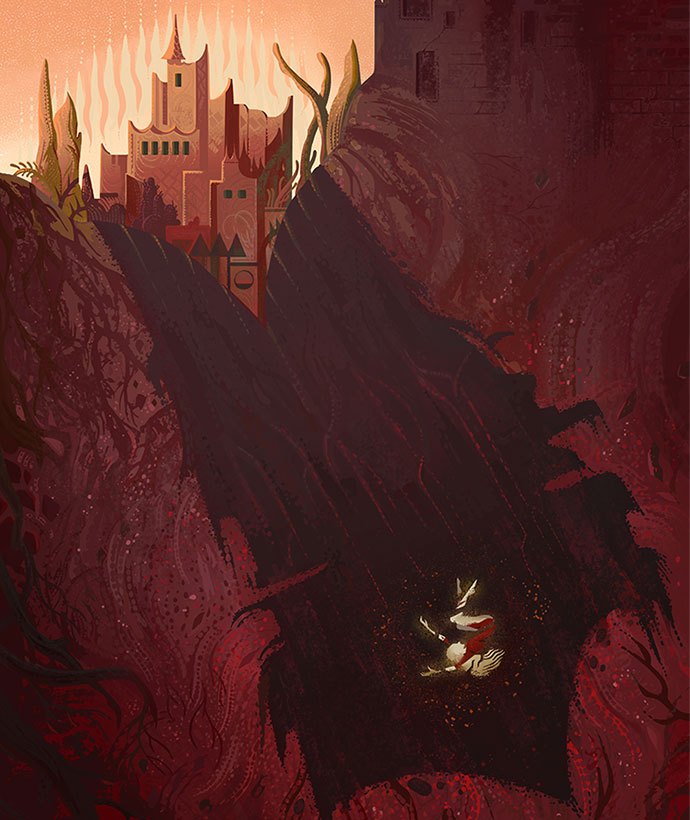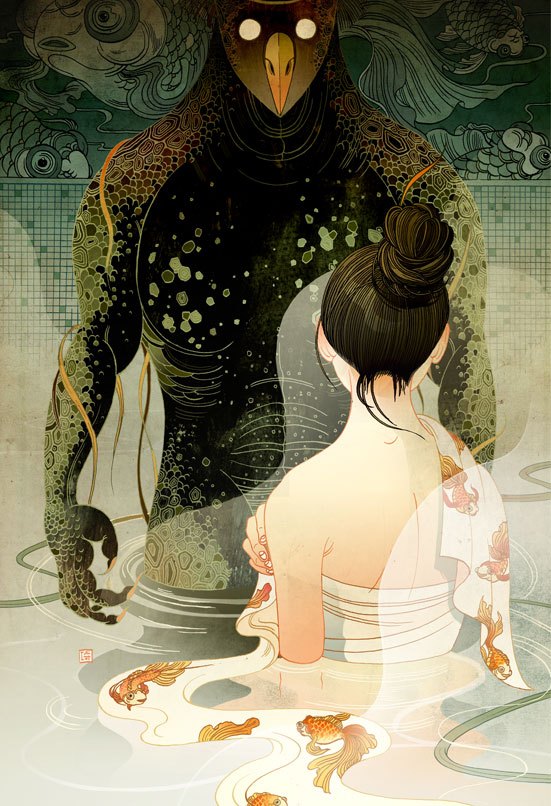Vampires. I think that’s the one monster everyone has an opinion on as they relate to media. The general feeling seems to waver between “gimme, gimme” and “kill it with fire”. I am somewhere in between where I’m not terribly against the concept, but I’m not entirely sure that there is anything new to say about them. That was until I read this book and hot damn was I blown away by it.
This is my first book by Silvia Moreno-Garcia but better believe it won’t be my last. Certain Dark Things is gritty, thoughtful and original in all the right places. Mexican narco vampires. Let that description marinate for a second to realize how cool it is. Of course, it helps that the author brings a superb level of authenticity to this concept. I’ve never been to Mexico City (would like to rectify that some day), but the author makes me almost feel like I took a trip there anyway. The setting is the fangs of the story that hook in your neck. The characters are the blood rushing out of you.
Atl is what I imagine most male authors are actually trying to achieve when writing “strong female leads” but utterly fail at doing. She’s every ounce of hardcore, but comes with heaping amounts of vulnerability. She’s not afraid of a fight even while she rather do whatever she can to avoid it. That particular detail was such a good one to me as it seems too often characters of her type are just itching for a fight and take all kinds of unnecessary risks. Solving the problems as opposed to punching in the nearest face made Atl that much more impressive when she finally did decide to go to violence.
Domingo wasn’t exactly a shining example of intelligence and at first, for whatever internalized reason, that annoyed me about him. But as the story progressed, I began to realize what he may have lacked in formal education was made up for by his empathy and his knowledge of survival in a world that cared nothing for him. Because I damn sure wouldn’t have a clue how to survive in his situation. But that grit along with his unfailing hopeful naivete carry the heart of the story and he truly becomes a special character by the end of the book.
Bernadino was by far my favorite supporting cast member. A badass old man out there living in his own private spot and not wanting to fool with the world just resonated with me. Maybe these are secretly my own old man goals. I don’t know, but either way Bernadino is on point and I wouldn’t mind getting some of his backstory.
I won’t talk a great deal about the plot because I don’t want to spoil anything, but everything pulls together in probably the only way he could have.
Great book. Great characters. Silvia Moreno-Garcia deserves a much larger platform, but I’m confident she’ll find it. Has certainly made a new fan out of me.
If the author comes across this, one quick question. And I’m probably so dumb for even asking this, but is the title of the novel from the Pablo Neruda poem?

